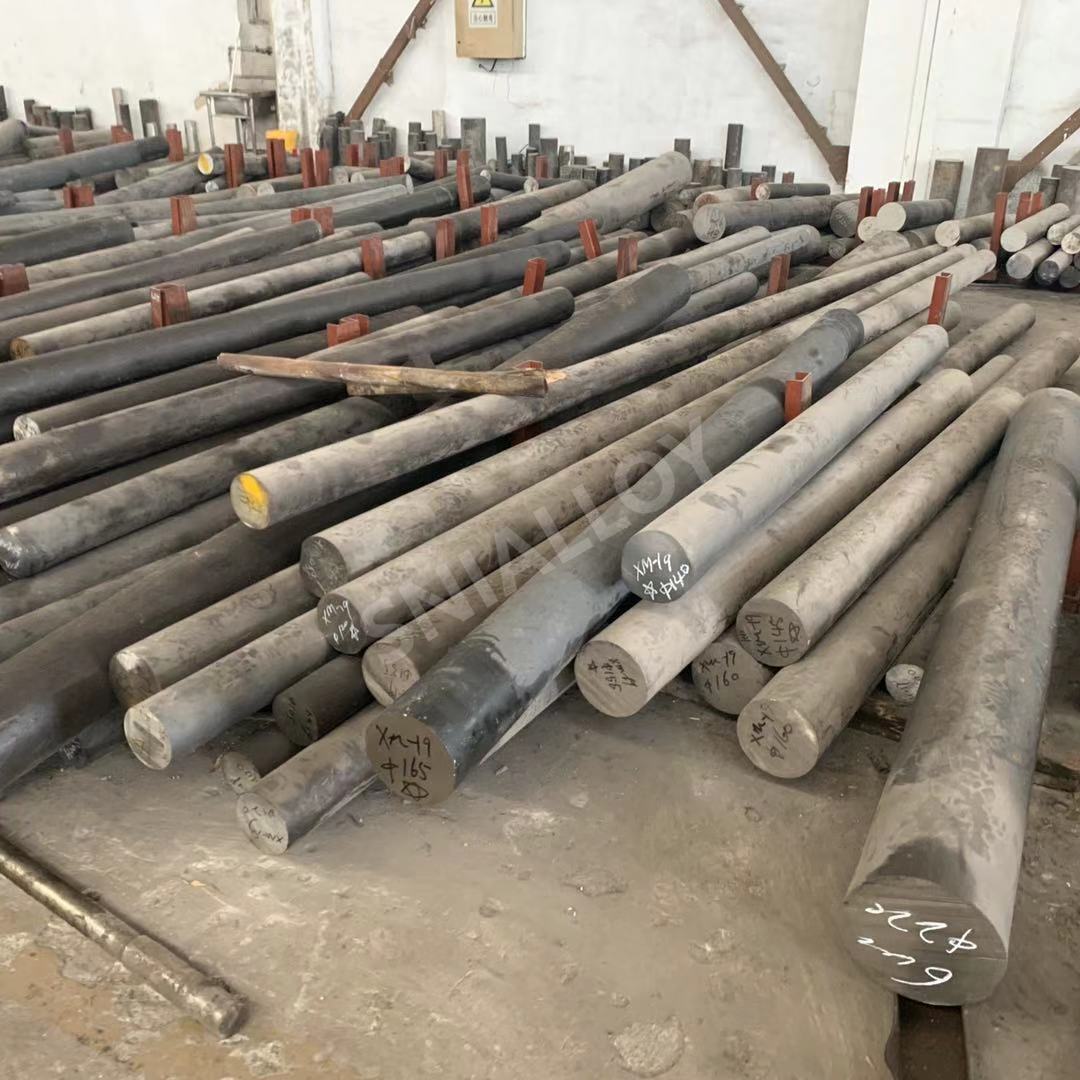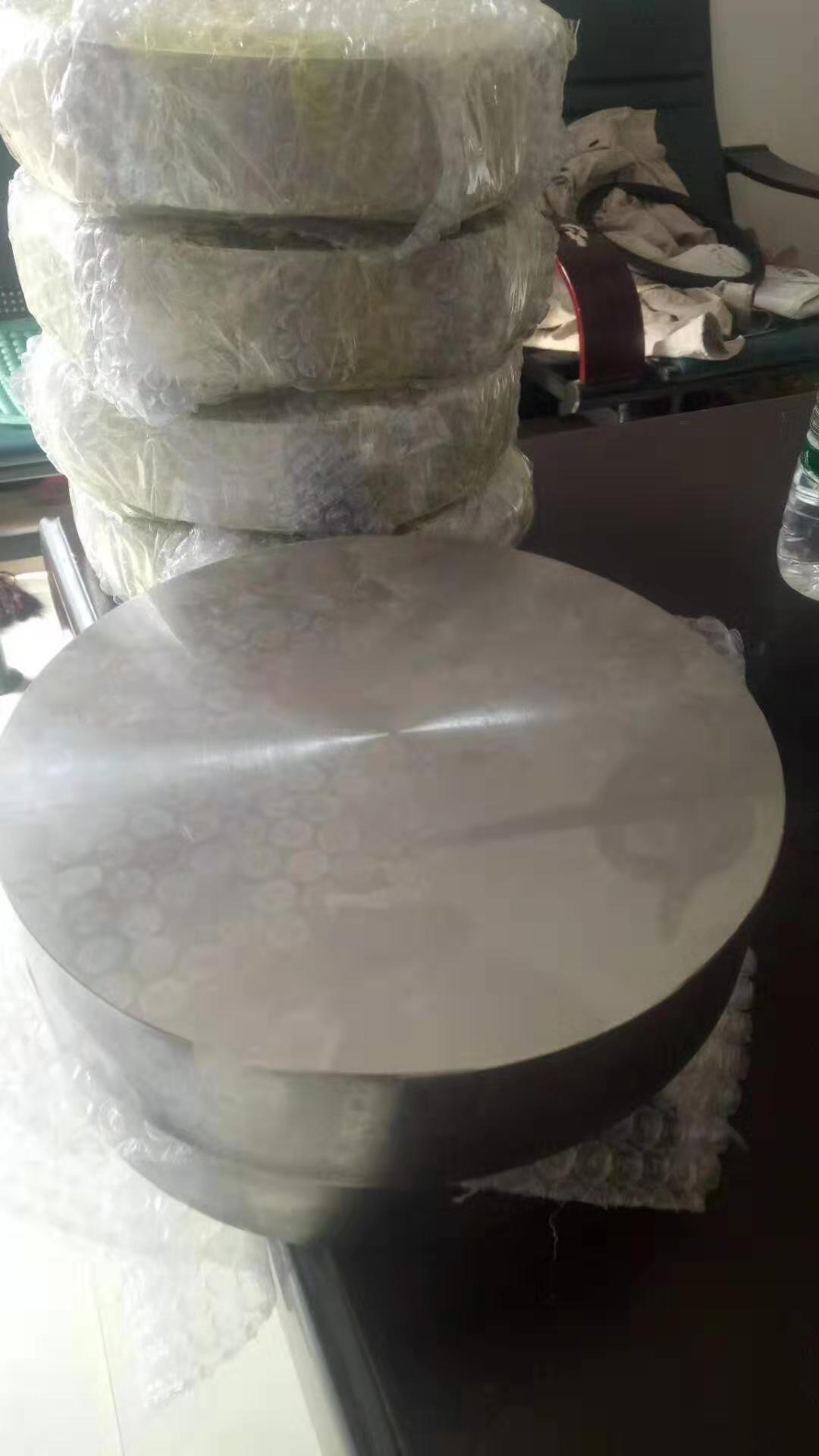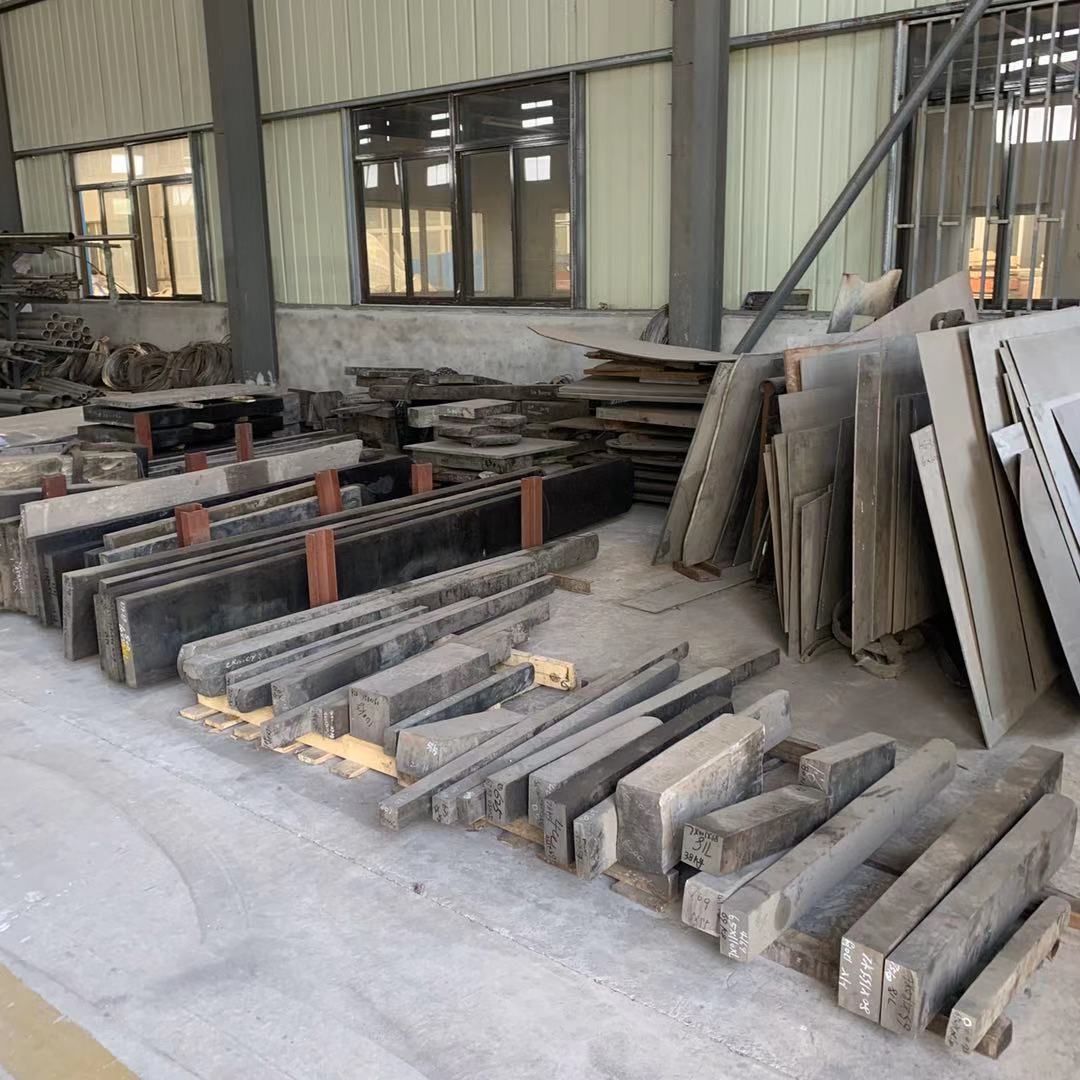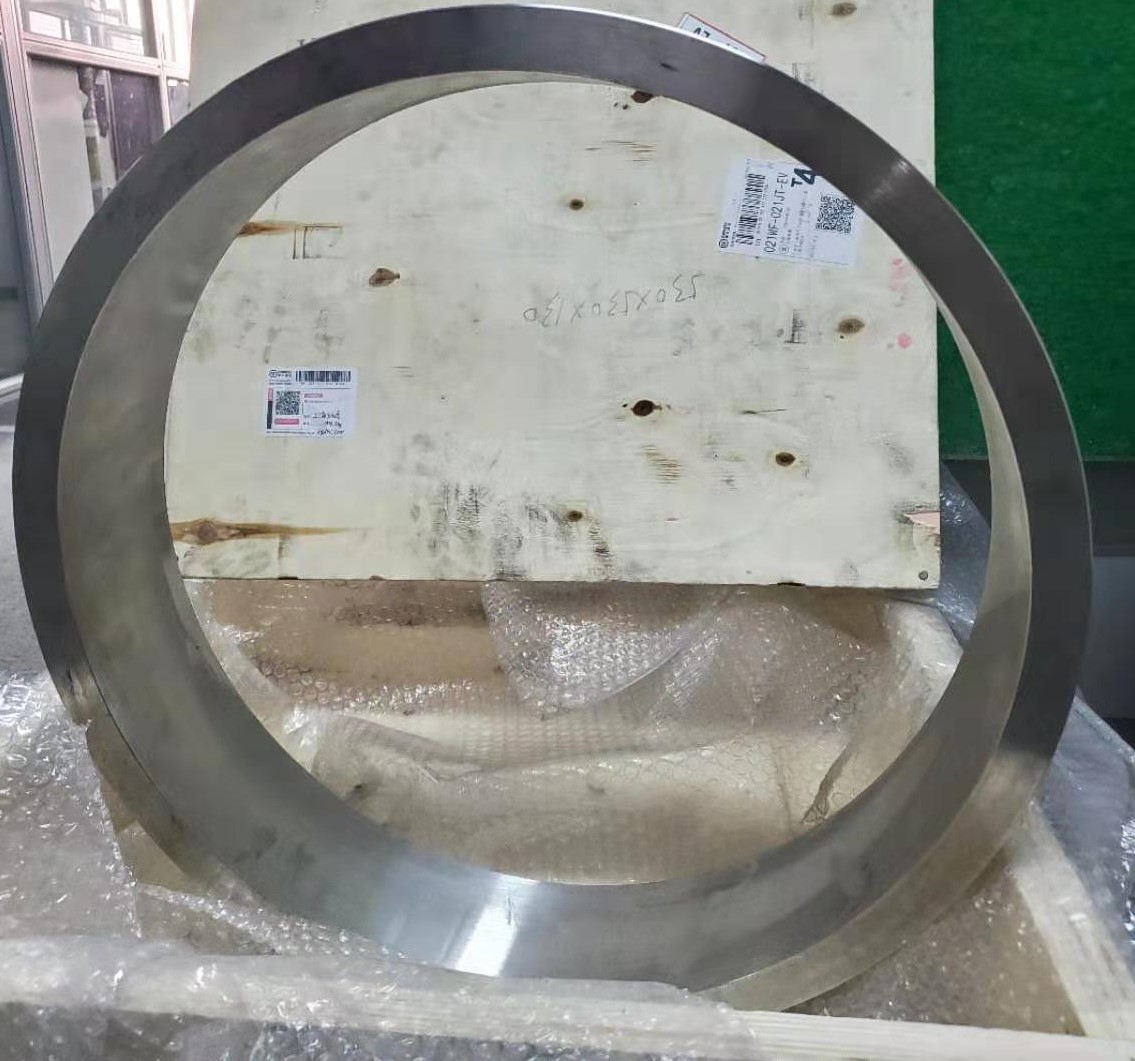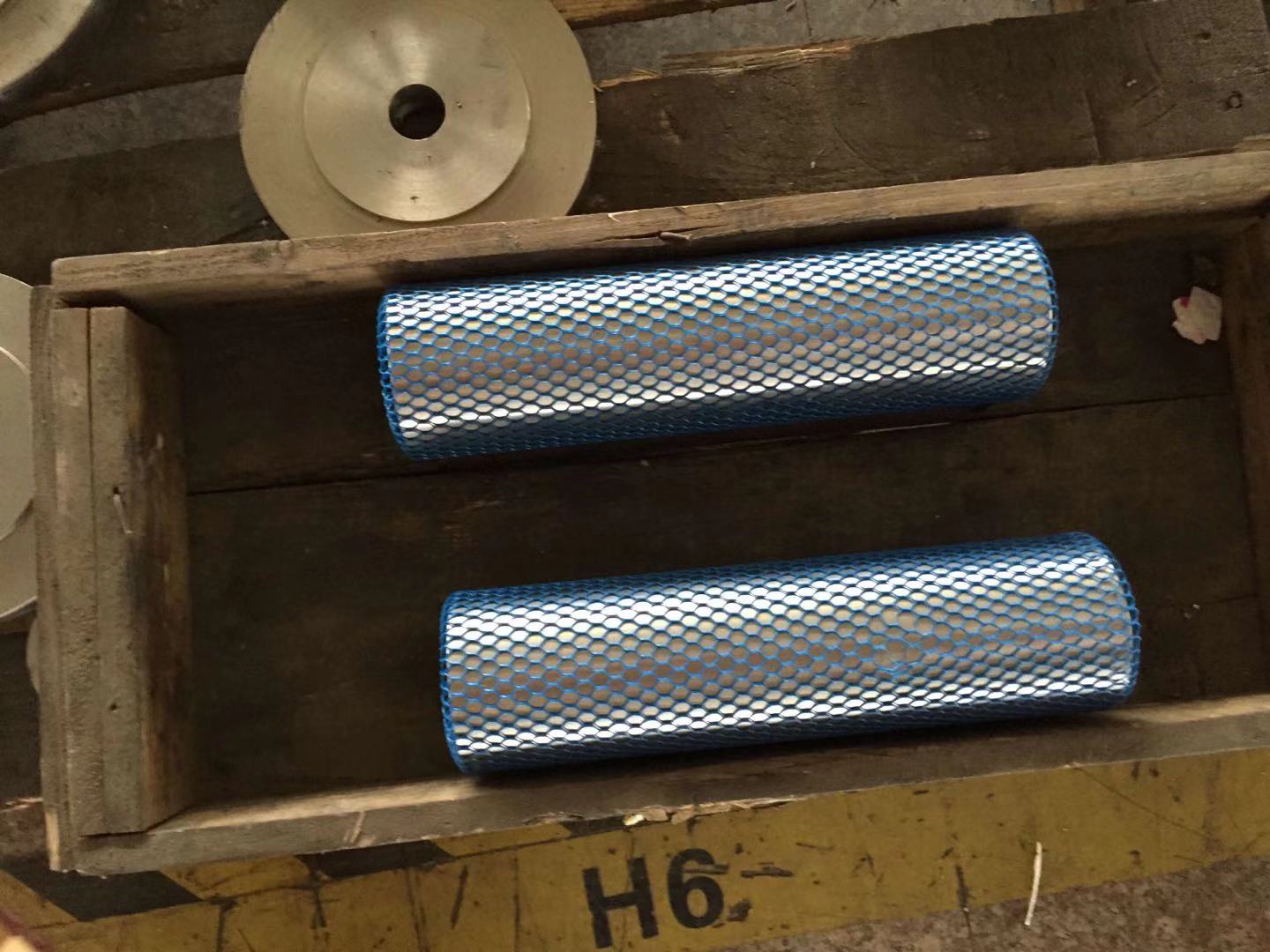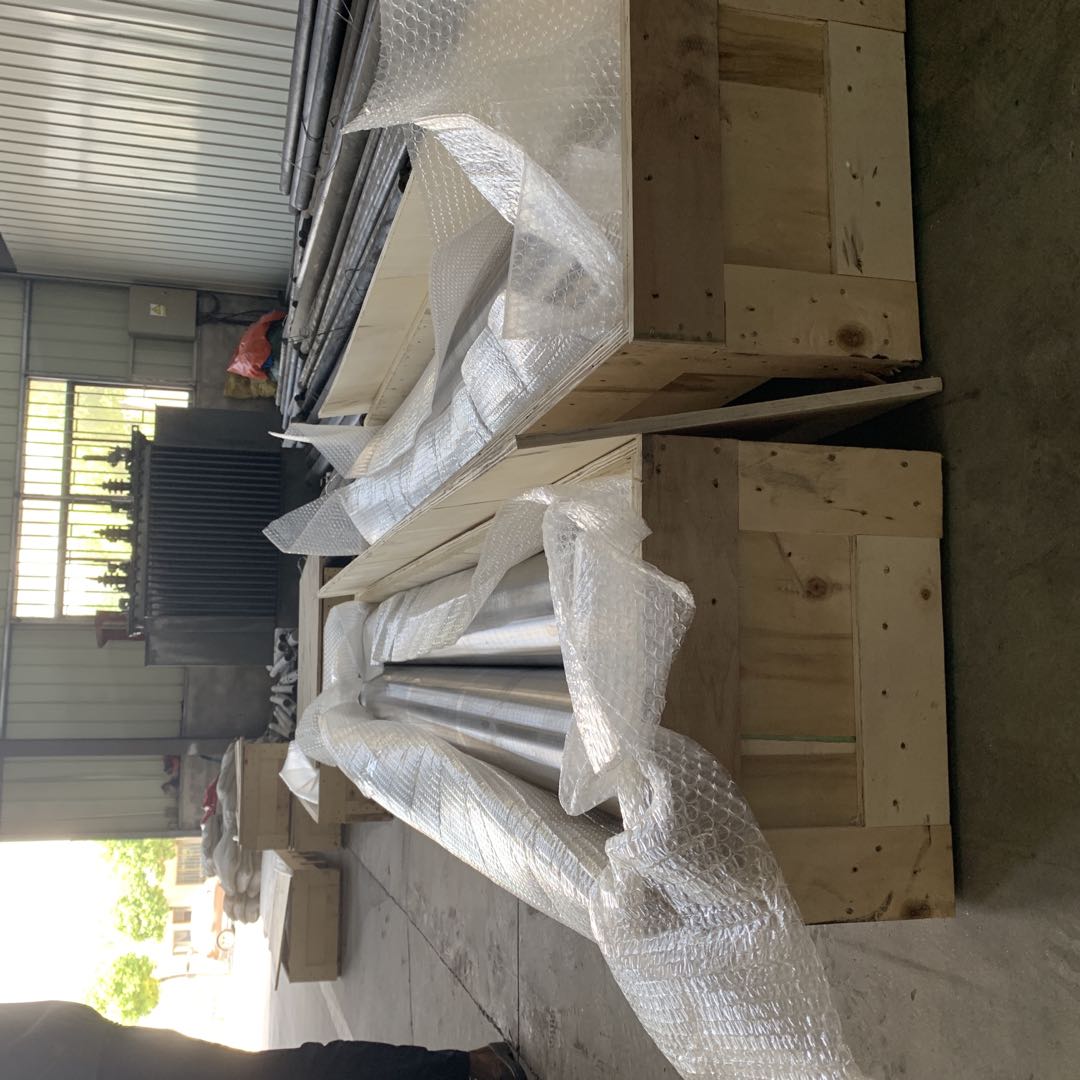Titanium alloy fasteners are widely used in aerospace, marine engineering, chemical equipment and medical equipment due to their excellent strength-to-weight ratio, corrosion resistance and non-magnetic characteristics. Titanium fasteners, including bolts, nuts, washers, screws and other specifications, are suitable for high stress, high temperature and corrosive environments, providing a durable fastening solution.
titanium alloy fasteners
Common Types of Titanium Alloys
- Gr5(Ti-6Al-4V): High-strength titanium alloy, widely used in high-performance fasteners.
- Gr2: Pure titanium, suitable for environments that do not require high strength but high corrosion resistance.
- Gr7: Add palladium element, significantly improve corrosion resistance, suitable for chemical and marine engineering applications.
physical properties
-Density: 4.43 - 4.51 g/cm & sup3;(depending on alloy type)
-Melting point: 1660°C
-Tensile strength:
- Gr2: about 345 MPa
- Gr5: about 895 MPa
- Gr7: about 500 MPa
mechanical properties
-Yield Strength:
- Gr2: about 275 MPa
- Gr5: about 830 MPa
- Gr7: about 440 MPa
-Ductility: good, suitable for various forming processes and welding
Application areas
-Aerospace: High-strength fasteners used in aircraft and engines to provide light weight and high temperature resistance.
-Marine engineering: suitable for deep-sea equipment and ship fastening, can be in the sea environment for a long time anti-corrosion.
-Chemical Equipment: Corrosion-resistant fasteners for reaction vessels, pumps and valves.
-Medical devices: The biocompatibility of titanium alloy makes it an ideal material for fasteners in surgical devices and implants.
Supply Specifications
-type: bolts, nuts, washers, screws, etc.
-size: customized according to customer needs






